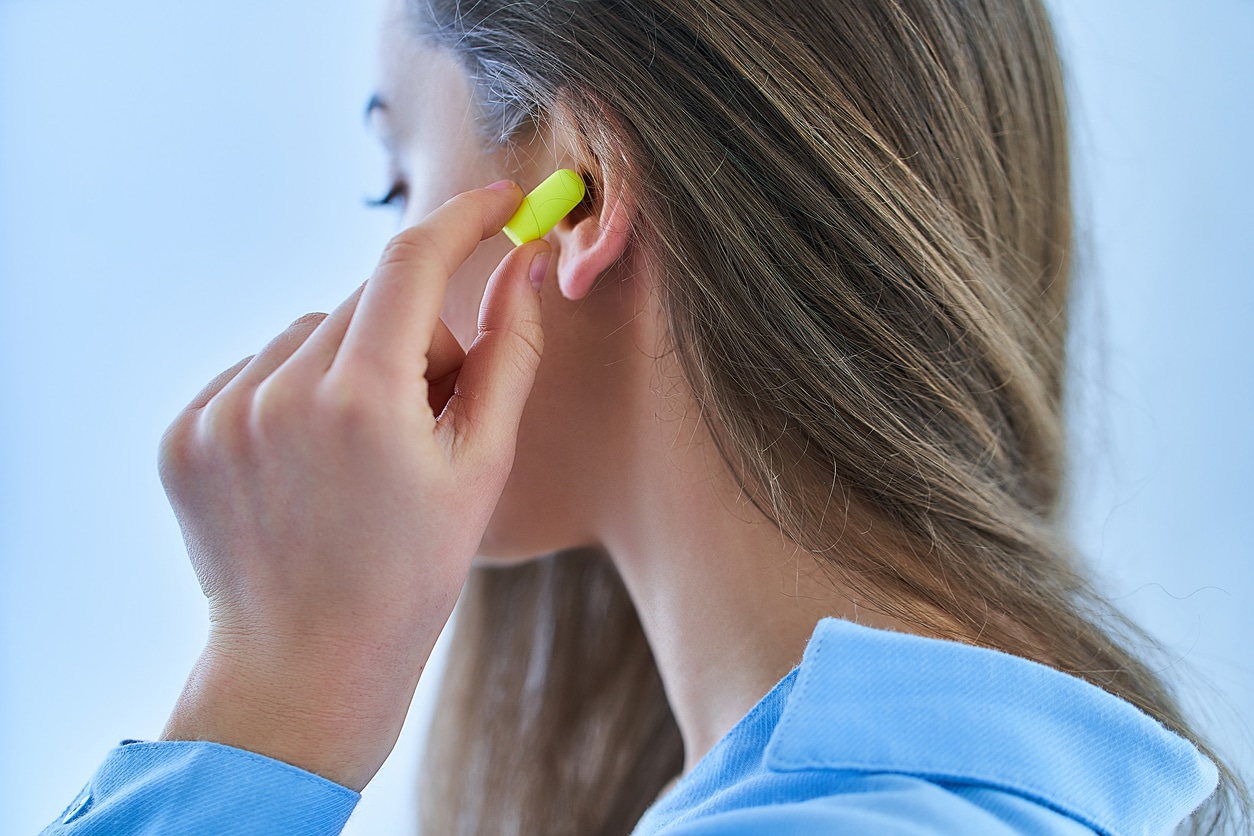If you’ve already been diagnosed with hearing loss, one of the most critical steps you can take is to protect your remaining hearing, often referred to as residual hearing. Since most forms of hearing loss are permanent, protecting what’s left is essential to keeping your hearing functioning as well as possible in the long term.
Why Residual Hearing Is So Valuable

Residual hearing allows you to continue engaging with your environment, recognizing speech and maintaining balance. It also helps ensure that hearing aids and other assistive devices work effectively. When this remaining ability to hear diminishes further, it can become more difficult to stay connected and communicate with ease.
Hearing loss is extremely common, affecting roughly 15% of U.S. adults in the past year. Taking steps to protect what hearing remains is one of the best ways to manage this condition and improve daily life.
Daily Practices to Support Hearing Health
Fortunately, you don’t need to make major changes to your routine to preserve your hearing. A few practical habits can go a long way in keeping your ears healthy:
- Use your hearing aids consistently: Hearing aids don’t just boost volume; they help your brain process speech more clearly and reduce the strain that comes from trying to listen in noisy environments. They can also lower the temptation to raise the volume on TVs or devices beyond safe levels.
- Avoid loud environments when possible: Locations like music venues, stadiums and construction areas can expose you to sounds that damage your ears. When you can’t avoid them, wear protective gear like quality earplugs.
- Keep device volumes in check: Listening to music or shows through earbuds, headphones, or home entertainment systems? Make sure the volume isn’t too high. If someone nearby can hear your audio, it’s probably too loud.
- Give your ears time to rest: After spending time in a loud setting, find a quiet place to relax. Short breaks from noise give your ears time to recover and help prevent long-term damage.
- Keep up with hearing health appointments: Routine visits to your audiologist can help you monitor changes and make timely adjustments to your hearing care plan.
Maintaining your residual hearing helps you stay involved in conversations, activities, and the community around you. The right daily habits can make a meaningful difference in preserving your hearing for years to come.
If you’ve already been diagnosed with hearing loss and want guidance on next steps, reach out to Aaron's Hearing Aid & Audiology Center today to book an appointment.
